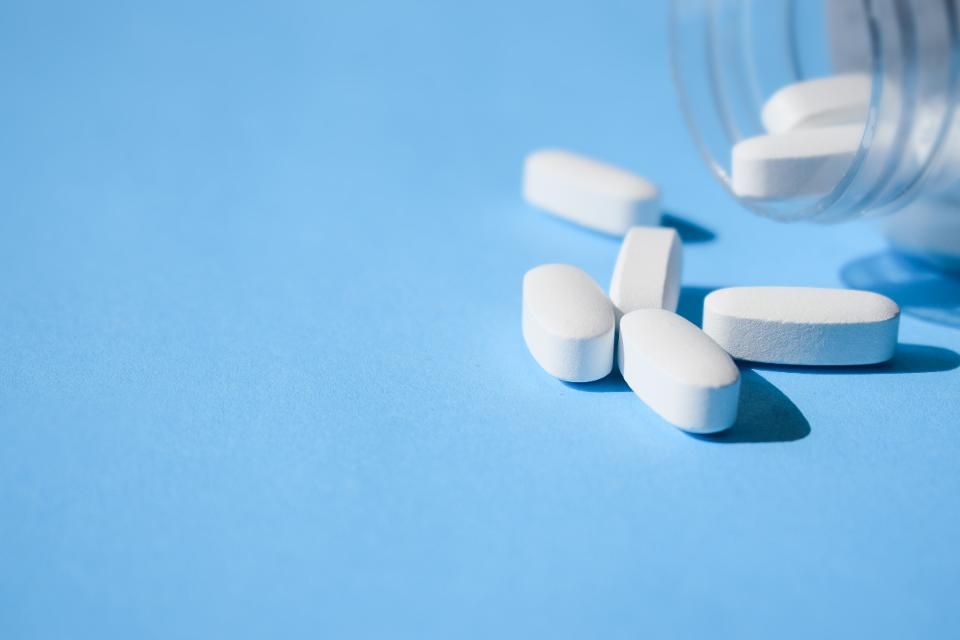
Antibiotics for acne is a common strategy to address the condition. This leads some people to think that acne is an infection. After all, acne can even look like an infection. This isn’t the case.
Additional reading: Learn more about acne treatment here.
Acne vulgaris is a multi-factorial (meaning a lot of different things cause it), inflammatory skin disease. Antibiotics have been an important part of acne treatment for decades. Acne, however, is not an infection. This makes many people ponder the questions, if acne is not an infection, then why do we treat it with antibiotics?
Bacteria are one of the contributors to the formation of acne lesions. Antibiotics reduce Propionibacterium acnes (P. acnes), a species of bacteria which is part of the normal skin flora (resident). P. acnes is particularly found in the hair follicles of the oily areas of the face and upper trunk, which are the acne-prone areas. P. acnes is thought to contribute to acne because of the pro-inflammatory byproducts in makes when the organisms consume the fatty acids in the hair follicle.
Antibiotics used in acne treatment have both direct and indirect affects on reducing inflammation. In reducing the amount of P. acnes in the skin, antibiotics can have an direct antiinflammatory effect. In reducing the body’s inflammatory response that results in redness, swelling and pus formation antibiotics have a indirect antiinflammatory effect.
Interestingly, there are also some data that antibiotics, such as doxycycline, can also reduce comedone formation (i.e. the formation of the plugs we call whiteheads and blackhead which are the primary lesions of acne vulgaris).
In the media: What are the pros and cons of treating rosacea with antibiotics
One of the problems of using antibiotics in acne treatment, however, is that it increases the risk of antibiotic resistance. This can be addressed with the use a benzoyl peroxide product if one is using an oral, or even topical, antibiotic for acne treatment. The combination used together has been shown to reduce the risk allowing patients with acne to more safely enjoy the benefits.
Got acne? We have so many effective solutions. To schedule a consultation call 212-627-1004 or contact us here.


